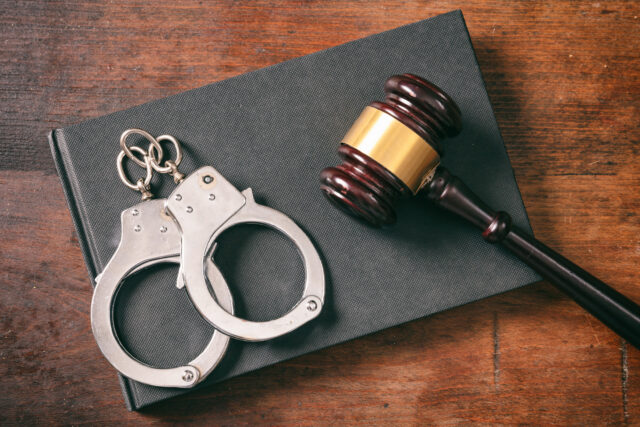

Delivery of a controlled substance in Texas is a serious crime that can result in significant penalties, including jail time and fines. The term “delivery” is defined broadly in Texas law to include any act of transferring a controlled substance to another person, regardless of whether there is an agency relationship. This means that even if you did not sell the drugs, you could still be charged with delivery if you gave them away or even just offered to sell them. If you’re facing these charges, you must retain the services of a competent Dallas County criminal lawyer who can effectively fight for your freedom. Contact Spangler Law today.
The penalties for delivery of a controlled substance in Texas vary depending on the type of drug involved and the amount of the drug. In general, the penalties are more severe for more serious drugs and for larger quantities of drugs.
The following are the penalties for delivery of a controlled substance in Texas:
The penalties for delivery of a controlled substance to a minor are even more severe. In these cases, the defendant can be sentenced to life in prison.
If you are found to have delivered a substance while in a “drug free zone,” you will not be eligible for parole on a prison sentence until you have completed at least five years in prison.
There are a number of defenses that can be raised to delivery of a controlled substance charges. Some of the most common defenses include:
If you’re accused of selling a controlled substance, contact Spangler Law to schedule your free initial consultation today.
© 2025 Spangler Law. All rights reserved. Attorney advertising.